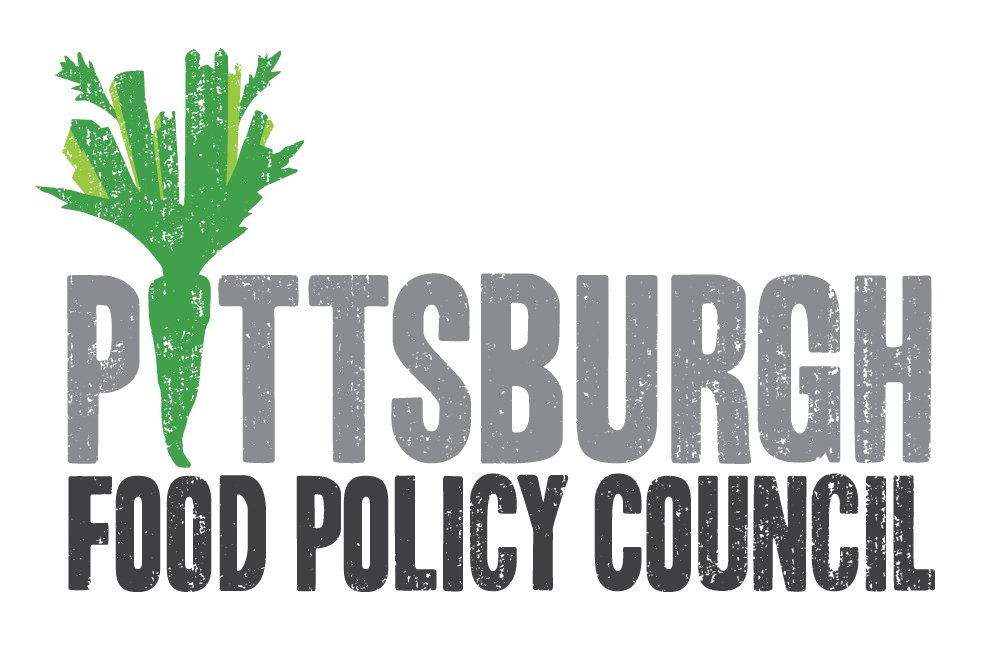Food Policy Assessment Tool
Recently, PFPC staff partnered with Tufts University to gather feedback from members regarding the function and impact of the Council. The Tufts team was led by Larissa Calancie, who created the Food Policy Council Self-Assessment Tool (FPC-SAT). Specifically, the Tufts team shared this context with staff:
“The assessment measures council practices and council members’ perceptions of the following concepts: leadership, breadth of active membership, council climate, formality of council structure, knowledge sharing, relationships, member empowerment, community context, synergy, and impacts on the food system."
To determine how our members perceive Council function, impact, relationships and more, staff shared a PFPC-specific Food Council Self-Assessment Tool with our Steering Committee, working groups, co-chairs, and all Council members who had attended 2+ meetings in the past year. Given the switch to virtual meetings last year, Council members were able to self-identify as eligible for the survey or not. After one month, the link was closed and the Tufts research team set about analyzing the results. The responses are available to view in a 2-page summary or as a full report, and we encourage Council members to read, share and discuss the information! Some big takeaways from the 41 responses:
PFPC Areas of Strength: Leadership, Knowledge, Formality of Council Structure; Specific high scores: receptivity to new ideas, diversity of sectors, disagreement resolution, increasing members’ knowledge about the complexity of the food system and improving member confidence to make food-related suggestions on their own.
PFPC Areas of Weakness: Breadth of Active Membership, Inclusivity of Council Climate; Specific low scores: equitable distribution of work, more collaboration with other councils, increasing access to healthy foods, improved communication and developing the Council into being viewed as a credible group within communities.
Next steps for PFPC staff are a series of meetings to carefully review responses, identify how best to maintain areas of strength and how to improve Council weaknesses, and then share a plan of action for feedback. We hope that this evaluation will serve as a baseline - future member evaluations will help us to measure change over time.
Two lucky respondents - Neashia Johnson and Claudy Pierre - were randomly selected by the Tufts research team to win $50 gift cards. We appreciate the time and thought given by all survey respondents, and look forward to reviewing the information to improve the PFPC!
